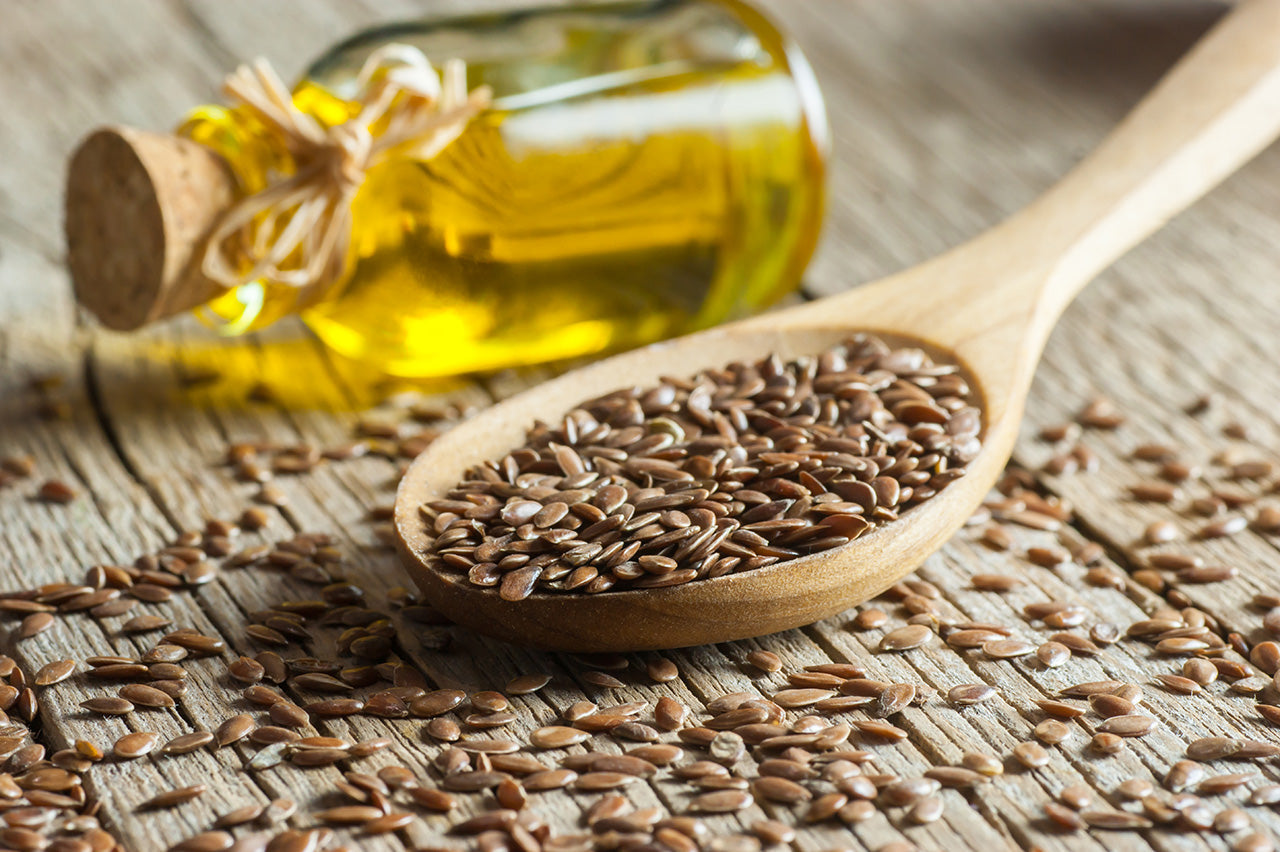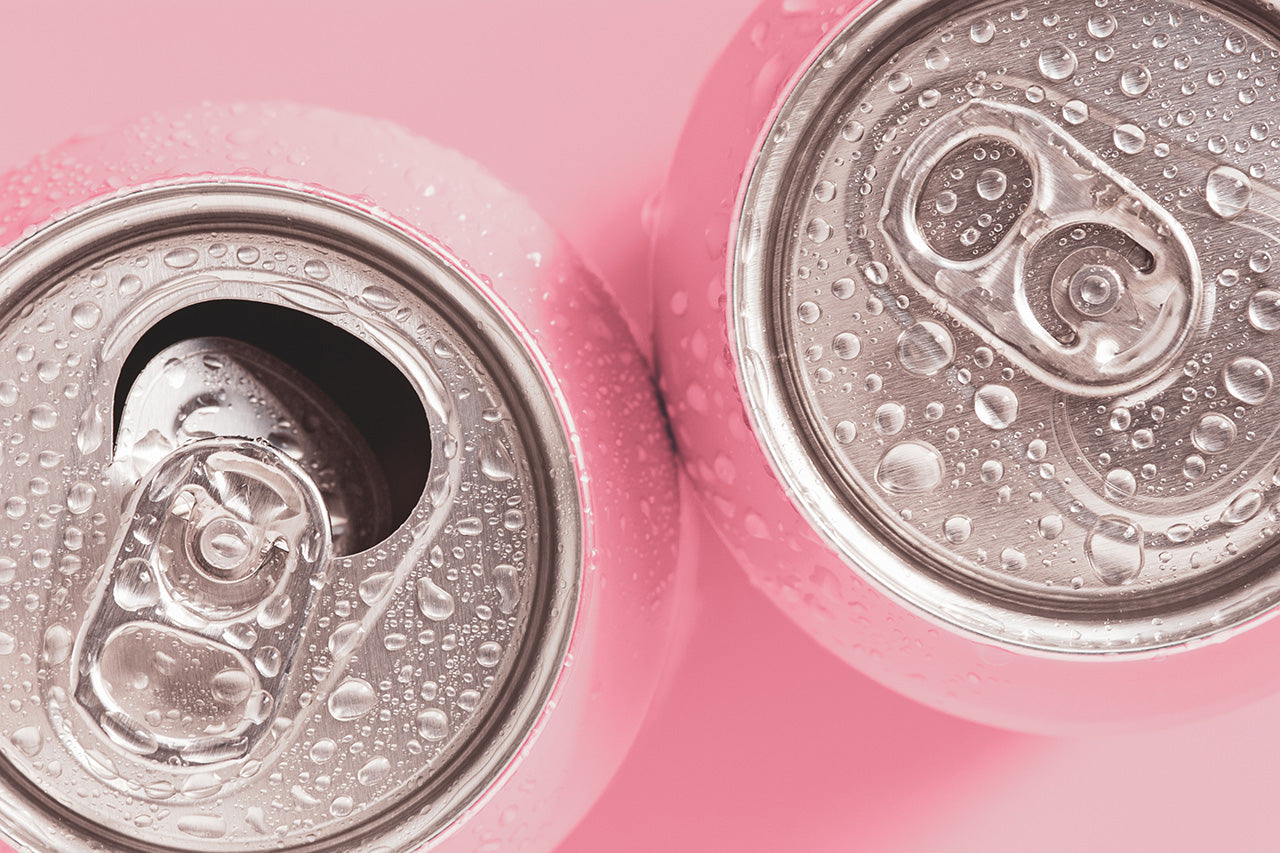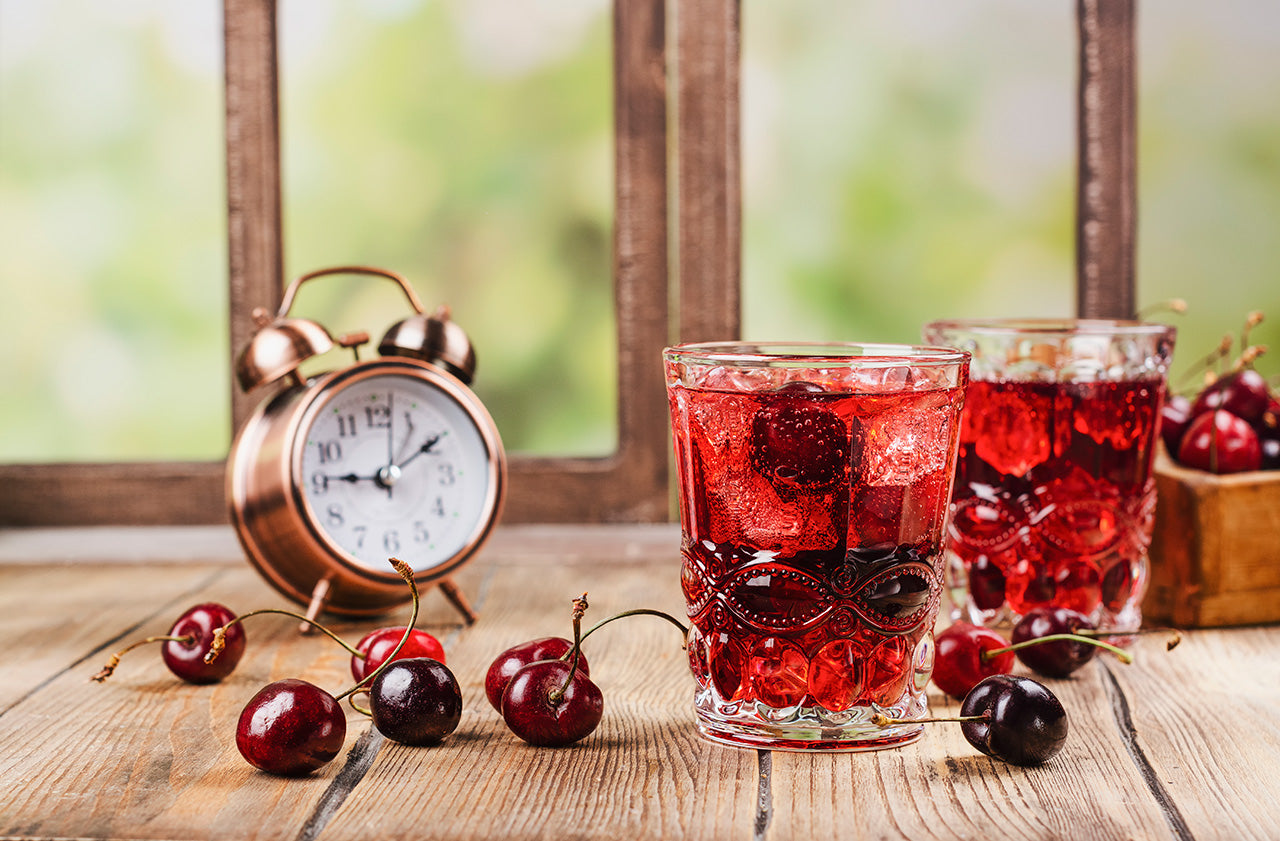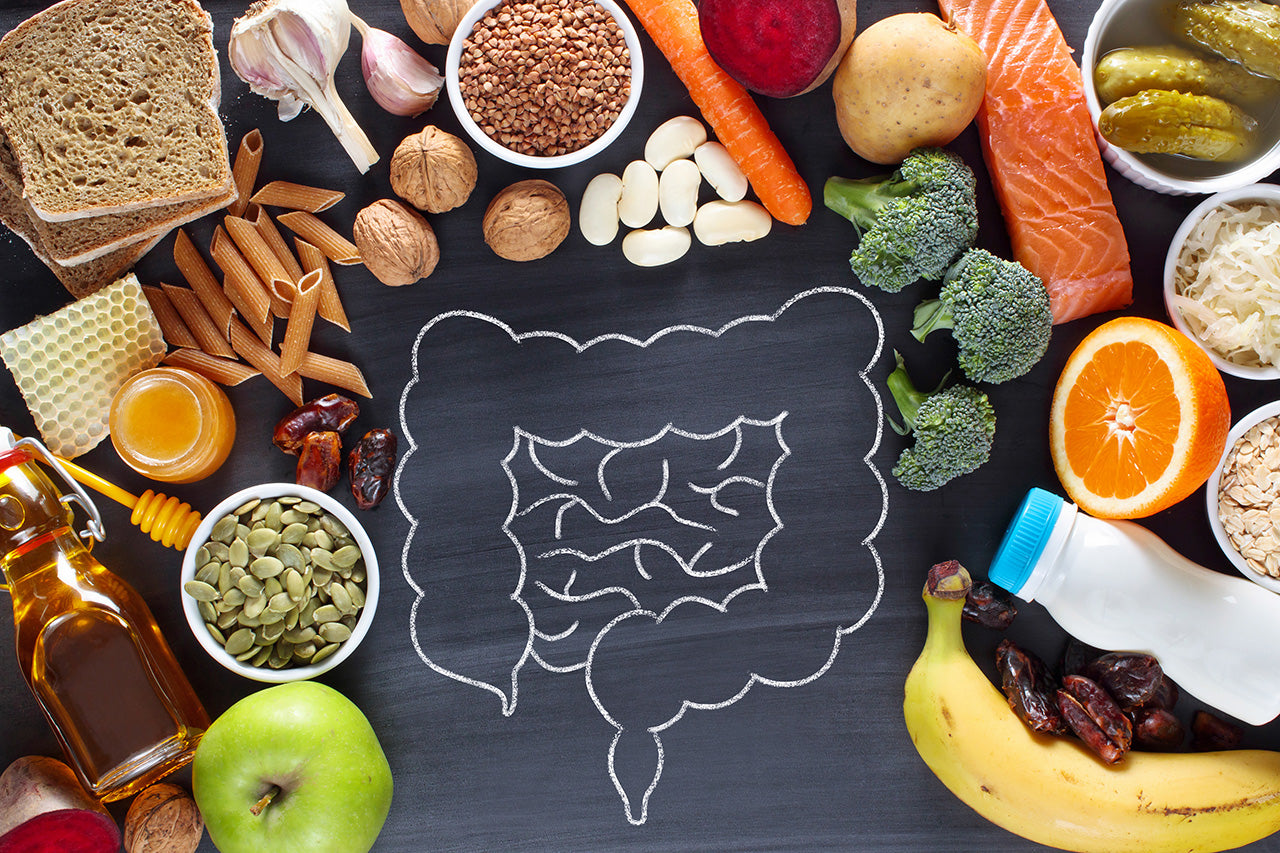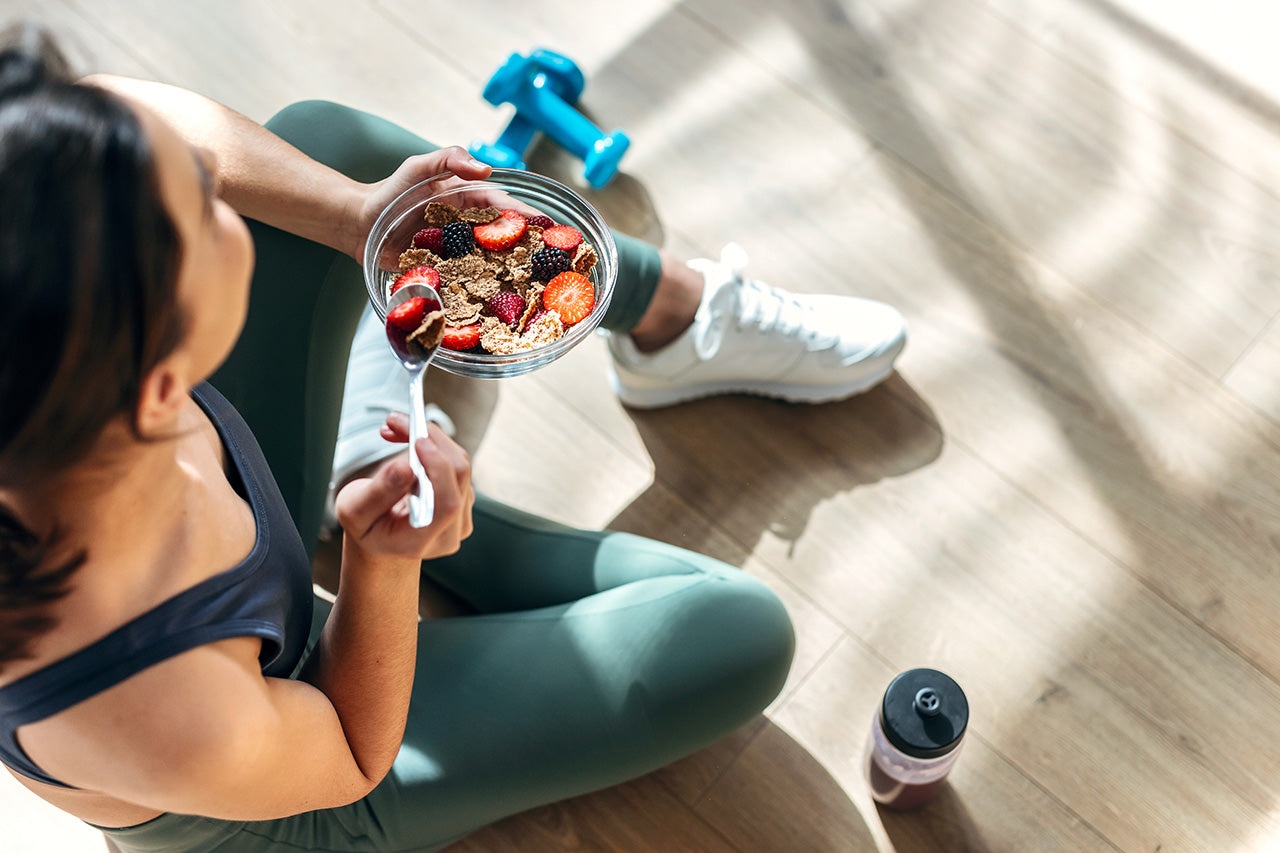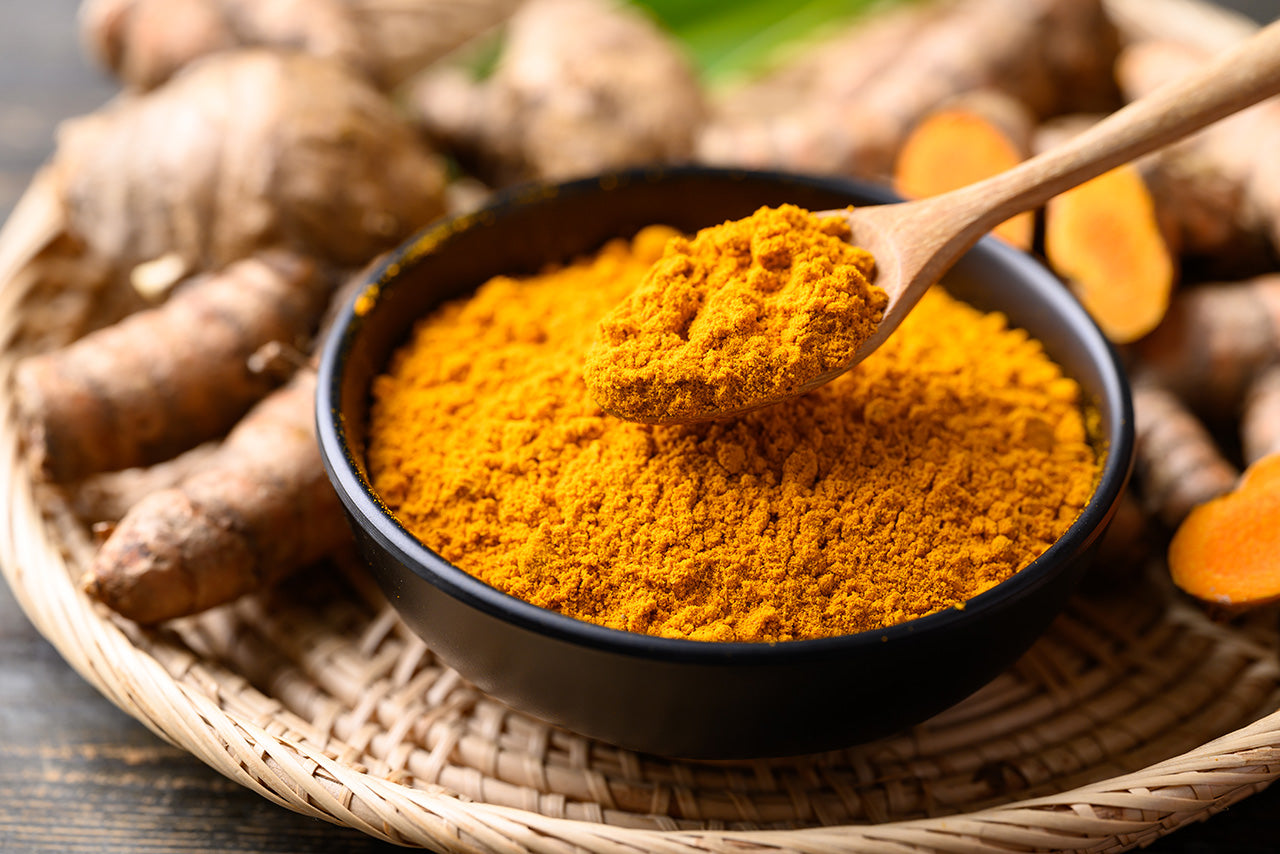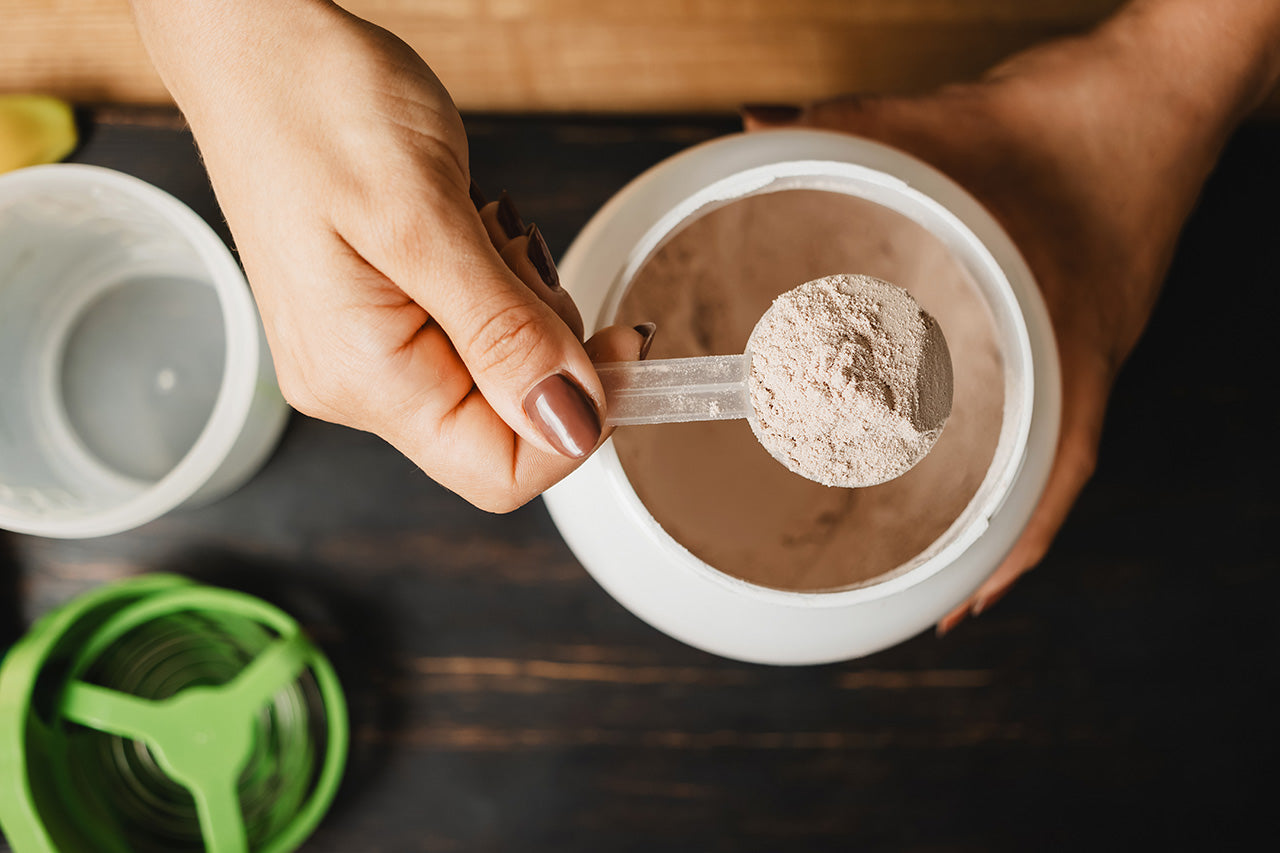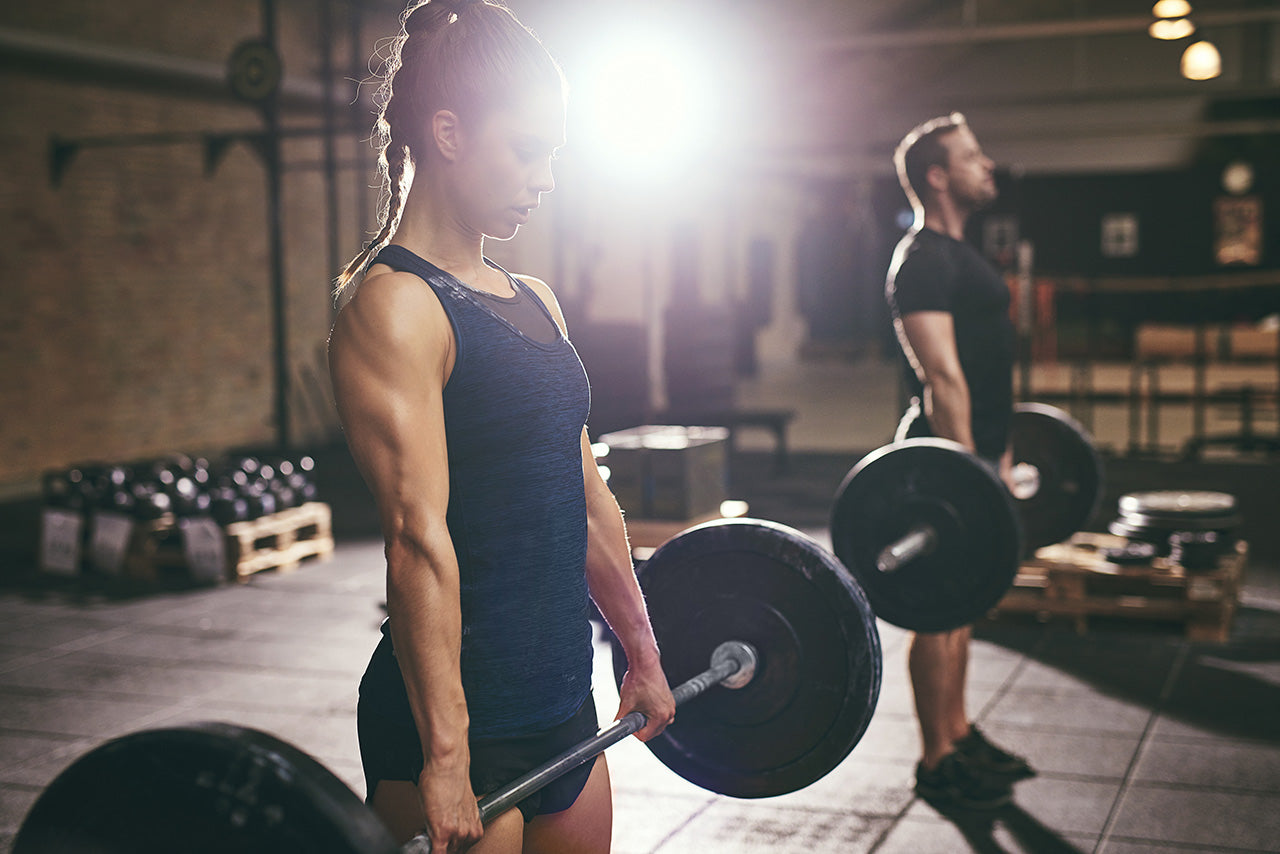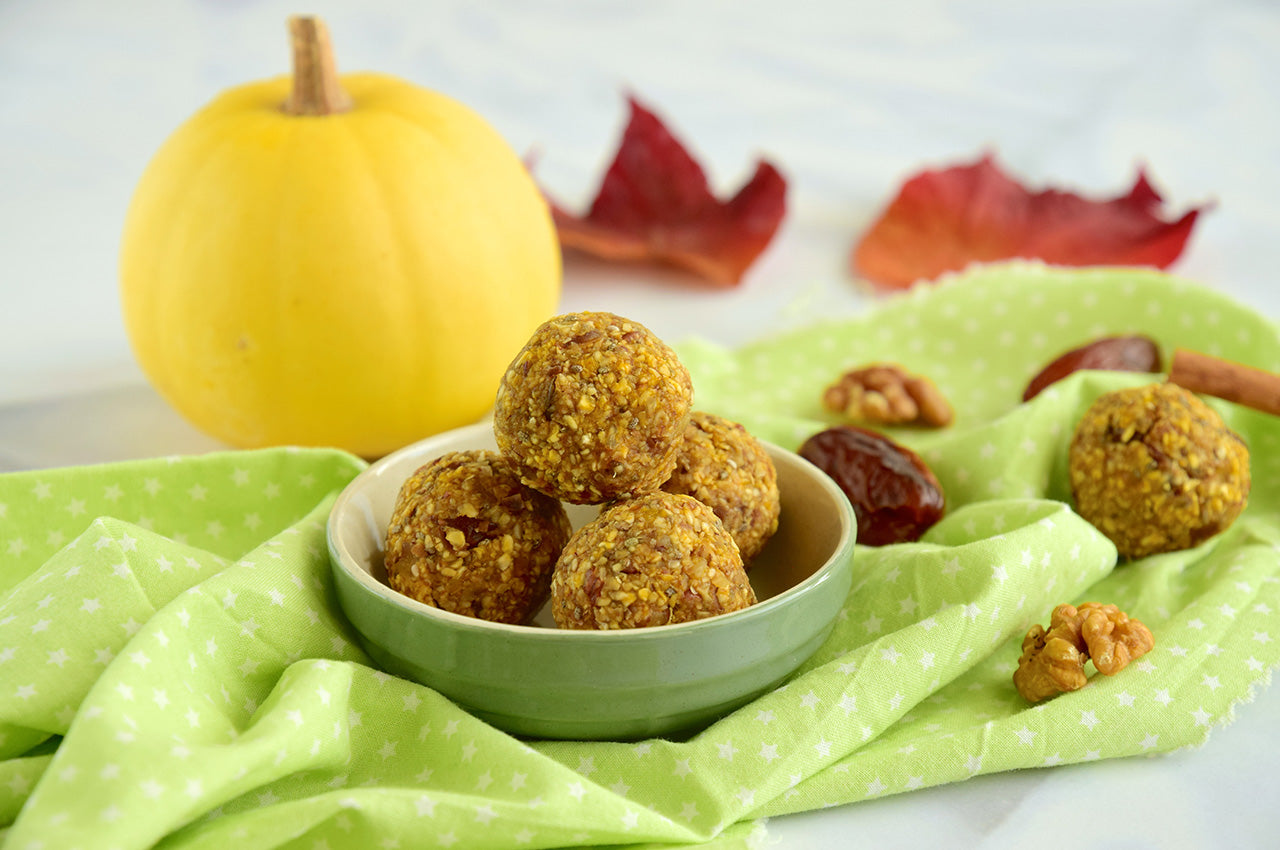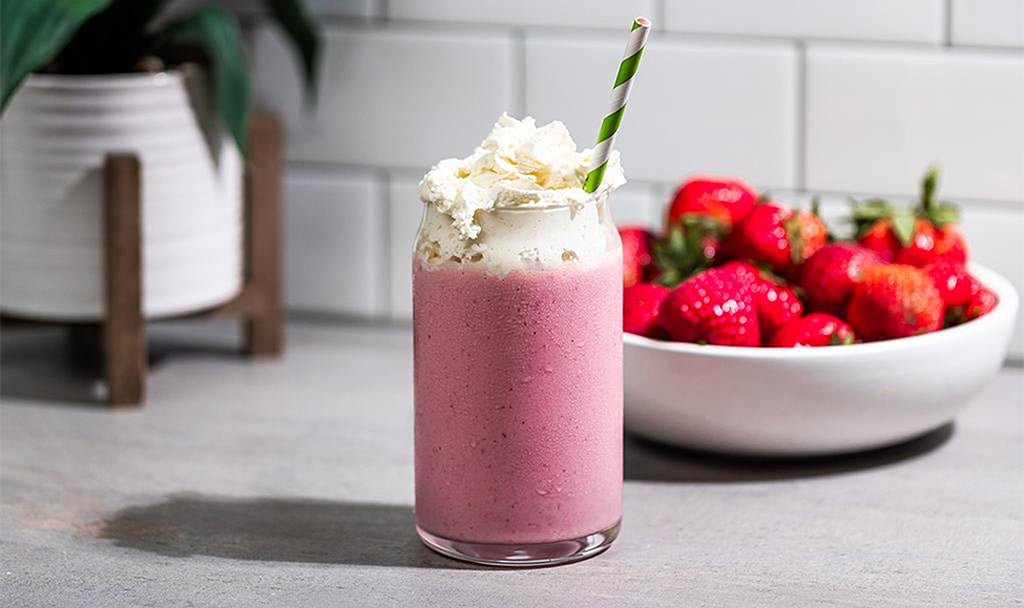
WELLNESS
Pre-Workout Nutrition: How to Choose the Right Balance for Your Exercise Routine
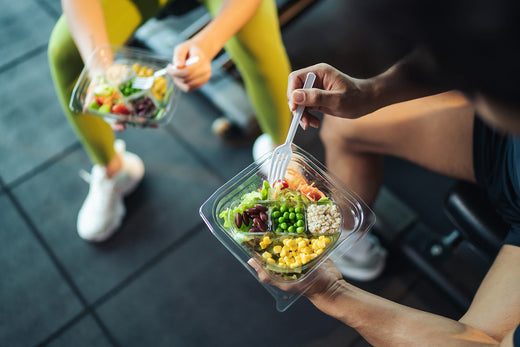
When it comes to optimizing your workout performance, pre-workout nutrition is key. The food and fluids you consume before exercising serve as the fuel your body needs to perform at its best and recover efficiently. A well-balanced pre-workout meal can enhance energy levels, improve endurance, and support muscle recovery.
This guide will help you understand the role of pre-workout nutrition and how to strike the right balance for your exercise routine.
The Role of Pre-Workout Nutrition
Pre-workout nutrition prepares your body for the physical demands of exercise. It provides the energy needed to sustain your workout, preserves muscle mass, and minimizes fatigue. The goal is to supply your body with the right nutrients at the right time to maximize your performance and help you reach your fitness goals. Choosing the right combination of carbohydrates, proteins, fats, and fluids ensures that your body is fueled and hydrated to handle the intensity of your workout.
Key Nutrients for Pre-Workout Nutrition
Carbohydrates
Carbohydrates are the primary source of energy for your muscles during exercise. They are broken down into glucose, which is stored as glycogen in the muscles and liver. During high-intensity exercise, your body relies on these glycogen stores for fuel.
Carbohydrates provide quick and sustained energy, help delay fatigue, and enhance endurance.
Whole grains such as oatmeal, whole-grain bread, or brown rice are great sources of carbohydrates. So are fruits such as bananas, apples, or berries and vegetables such as sweet potatoes and carrots.
Protein
Protein plays a crucial role in muscle repair and recovery. Consuming protein before a workout can help reduce muscle damage, support muscle growth, and improve recovery times.
Protein also supports lean muscle growth.
When incorporating protein into your diet, look for lean meats like chicken or turkey or plant-based options such as tofu, lentils, or chickpeas. For dairy, add Greek yogurt or cottage cheese. When needed, you can also supplement with protein shakes or bars.
Fats
While fats are not the primary source of energy for high-intensity exercise, they provide a steady supply of fuel for longer, lower-intensity workouts. Including healthy fats in your pre-workout meal can help sustain energy levels for endurance activities.
In addition to providing long-lasting energy, fats also support overall health and hormone production.
Good sources of fats include avocados, almonds, walnuts, chia seeds, olive oil, and coconut oil.
Hydration
Hydration is often overlooked but is an essential part of pre-workout nutrition. Even mild dehydration can impair physical performance and increase the risk of fatigue and cramps.
Hydration regulates body temperature, helps maintain muscle function, and prevents dehydration-related fatigue.
Aim to drink 16-20 ounces of water 2 to 3 hours before exercise. When having longer or more intense workouts lasting 60-90 minutes or more, incorporate electrolyte drinks when possible.
Examples of Balanced Pre-Workout Meals
A well-rounded pre-workout meal includes a combination of carbohydrates, protein, and a small amount of fat, consumed 2-3 hours before your workout. Here are a few examples:
-
For Strength Training: Grilled chicken with a medium-sized sweet potato and a side of steamed broccoli
-
For Endurance Activities: Whole-grain toast topped with almond butter and banana slices
-
For Morning Workouts: A smoothie made with Greek yogurt, spinach, frozen berries, and a scoop of protein powder
-
For a Quick Snack: A handful of trail mix with nuts, seeds, and dried fruit OR a banana with a spoonful of peanut butter
Timing Your Pre-Workout Nutrition
The timing of your pre-workout meal is just as important as what you eat. Ideally, you should eat a balanced meal 2-3 hours before your workout. If you’re short on time, opt for a small snack rich in carbohydrates and protein about 30-60 minutes before exercising.
Pre-workout nutrition is not one-size-fits-all. Your needs may vary depending on the type, intensity, and duration of your workout, as well as your individual goals and preferences. Experiment with different food combinations and timings to find what works best for your body. With the right fuel, you can power through your workouts and achieve optimal performance.















